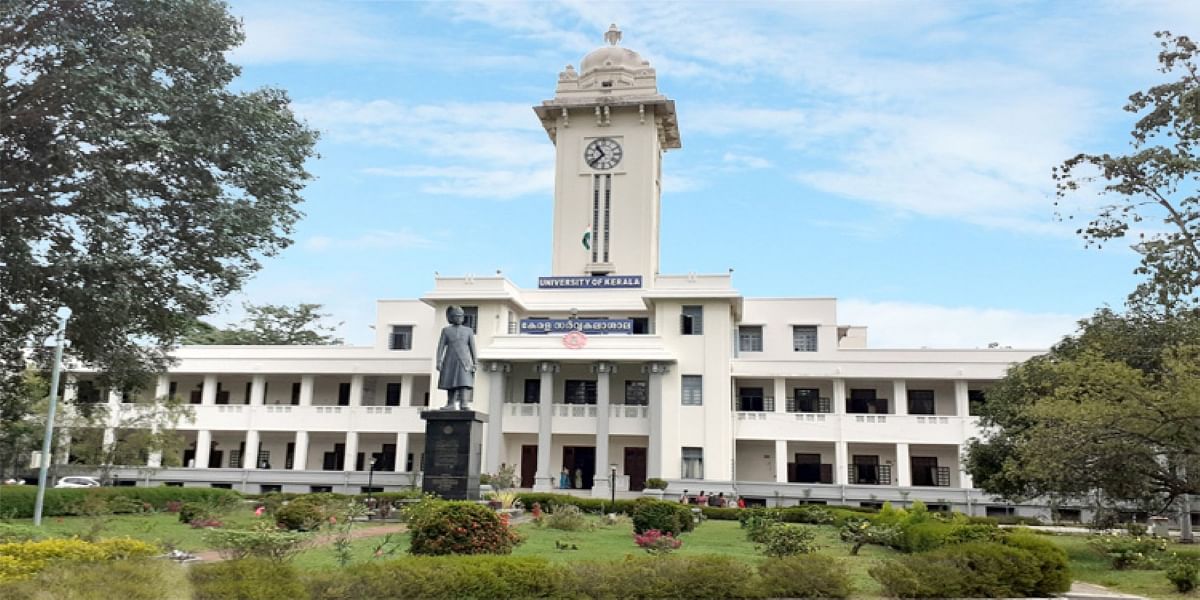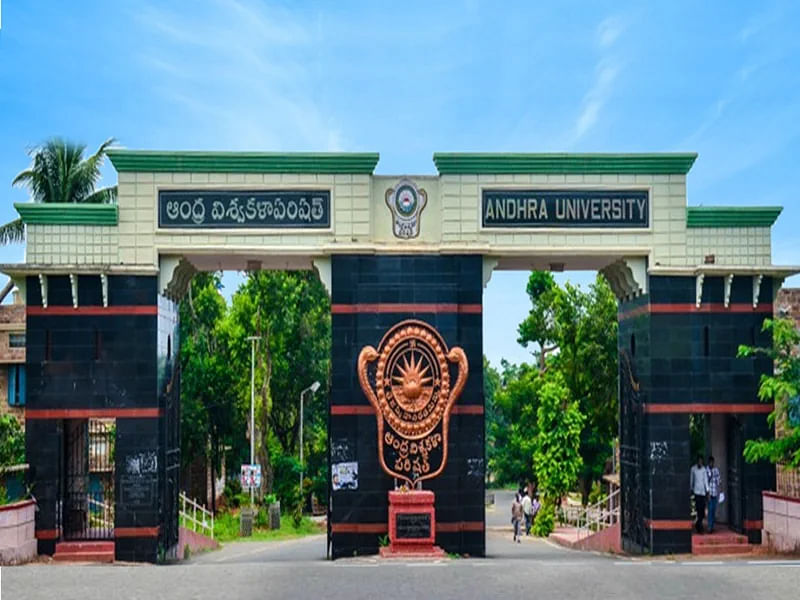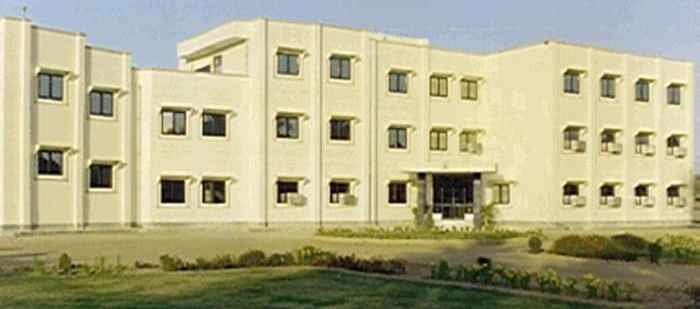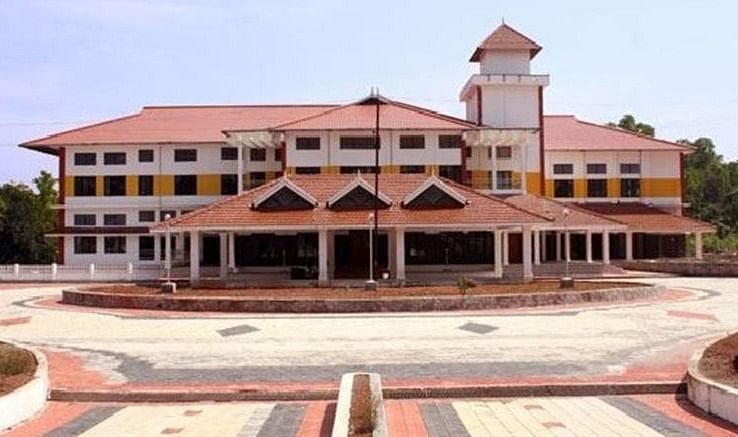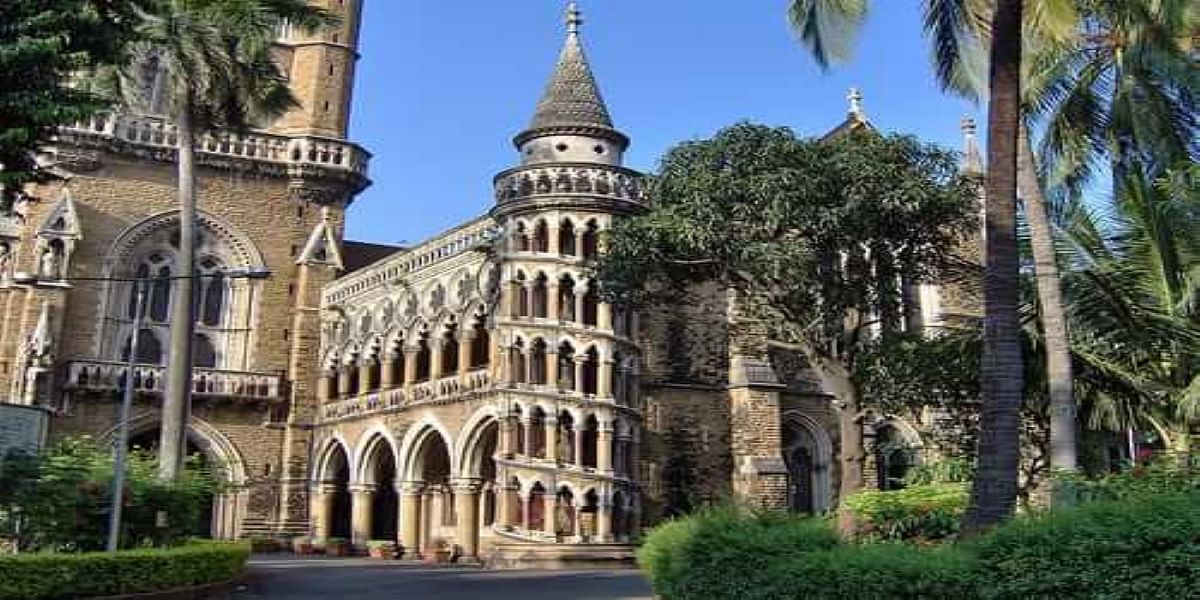B.Sc Home Science Syllabus and Subjects

The B.Sc Home Science Subjects are covered over a period of three years divided into six semesters, which cover essential topics such as home management, resource management, economics, fashion, child psychology, food and nutrition, etc.
In the B.Sc Home Science course, candidates are given skill-based training in various domains such as fashion, culinary arts, nutrition, and interior design, to name a few. This training opens varied job avenues, such as Nutritionist, Fashion Stylist, Textile Manager, Interior Consultant, etc.
Table of Contents
- B.Sc Home Science Subjects
- Semester Wise B.Sc Home Science Syllabus
- B.Sc Home Science Reference Books
B.Sc Home Science Subjects
B.Sc Home Science subjects focus on home management, resources, economics, fashion, textiles, child care, and child psychology. The topics in home science are divided into three categories: core, elective, and practical, which are listed below:
B.Sc Home Science Core Subjects
In the B.Sc Home Science subjects there are certain core papers which are listed below:
- Communication and Extension
- Food Chemistry
- Applied Art
- Basic Food & Nutrition
- Fashion Studies
- Fundamentals of Nutrition and Food Science
- Computer Fundamentals and Automation
- Human Development
B.Sc Home Science Elective Subjects
The electives in the B.Sc Home Science subjects are divided into three categories: discipline-specific, skill-based, and AECC. Listed below are some of the elective subjects:
- English
- Environmental Studies
- Children with Special Needs
- Entrepreneurship Development
- Bakery and Confectionery
- Overview of Indian Economy
- Infant Stimulation Programme
B.Sc Home Science Practical Subjects
The BSc Home Science subject practicals contain a range of topics, which will be listed in the table below:
- Textiles
- Life Sciences
- Resource Management
- Fashion Studies
- Communication and Extension
- Food Science and Nutrition
- Computer Basics
- Interior Decoration
B.Sc Home Science Subjects In Detail
There is a list of themes for the BSc Home Science subject that include a variety of topics related to homes, society, clothing, and the environment. The B.Sc. in Home Science subjects are detailed in the table below:
| BSc Home Science Subject | Topics |
| Communication and Extension | Historical background, concept and nature, Understanding Human Communication, Communicating Effectively, Communication for Extension. |
| Fundamentals of Nutrition and Food Science | Basic concepts in food and nutrition, Nutrients, Food Groups, Methods of Cooking and Preventing Nutrient Losses. |
| Fundamentals of Textile | Textile fibres and their properties, Yarns, Fabric construction, Dyeing, Printing and Finishing. |
| Fashion Studies | Importance of clothing, Fashion, Adoption of fashion, Fashion centers and designers of the world, Design. |
| Life Span Development | Introduction to Adolescence, Young Adulthood, Middle and Late Adulthood. |
Semester Wise B.Sc Home Science Syllabus
The B.Sc Home Science syllabus includes studies in home management, child care, psychology, fashion, textiles, and economics, with the first two years focusing on core courses and the third year on electives. The home science syllabus for the B.Sc. programme is broken down into distinct semesters in the tables below.
BSc Home Science 1st Year Syllabus
In the following table is the BSc Home Science 1st year syllabus:
|
Semester Ⅰ |
Semester Ⅱ |
|
Introduction to Human Development |
Fundamentals of Nutrition and Food Science |
|
Resource Management |
Extension Education |
|
Food Science |
Introduction to Family Resource Management |
|
Fashion Studies |
Life Span Development |
|
Communication Skills in English |
Advanced Food & Nutrition |
B.Sc Home Science 1st Year Syllabus
The following list contain practicals for B.Sc Home Science Syllabus in 1st year:
- Communication and Extension
- Food Science and Nutrition
- Computer Basics
B.Sc Home Science 2nd Year Syllabus
In the following table is the syllabus of home science for the B.Sc course for 2nd year:
|
Semester Ⅲ |
Semester Ⅳ |
|
Physical Sciences |
Life Sciences |
|
Family Resource Management-I |
Family Resource Management-II |
|
Fundamentals of Sociology: Social and Culture |
Human Development-I |
|
Textile Science |
Developmental Stages Till Old Age |
|
Life Span Developmen |
Personal Finance and Consumer Studies |
B.Sc Home Science 2nd Year Syllabus
The following list contain practicals for B.Sc Home Science Syllabus in 2nd year:
- Communication Systems and Social Change
- Textiles
- Nutrition for the Family
B.Sc Home Science 3rd Year Syllabus
In the following table is the BSc Home Science 3rd year syllabus:
|
Semester Ⅴ |
Semester Ⅵ |
|
Child Psychology |
Processes in Apparel Design |
|
Public Nutrition and Dietetics |
Management of Child Care Centres |
|
Human Development -II |
Behavioural Psychology |
|
Interior Space Designing |
Basics of Design Application |
|
Communication for Development |
Project/Dissertation |
B.Sc Home Science 3rd Year Syllabus
The following list contain practicals for B.Sc Home Science Syllabus in 3rd year:
- Design Application
- Apparel Design
- Interior Decoration
B.Sc Home Science Course Structure
The course structure for the home science syllabus covers other aspects besides academics. It includes training in sewing, dyeing, cooking, etc. Also, it contains seminars, conventions, and collaborative projects. In short, the course structure is as follows:
- VI semesters
- Seminar
- Conferences
- Core and elective topics
- Project and practical work
B.Sc Home Science Teaching Methodology and Techniques
B.Sc Home Science subjects use different approaches when it comes to teaching, as candidates must be familiar with settings involving various patterns and resources. In general, the syllabus of home science teaching methodology includes:
- Hands-on activities
- Project-Based learning
- Peer-led team learning
- Flipped learning
B.Sc Home Science Projects
The syllabus of home science contains project work, also known as a dissertation, at the end of the semester. The project integrates many topics in economics, interior design, fashion, textiles, and home management. Listed below are some home science projects:
- An examination of family decision-making and purchasing functions using Nestle as a case study
- Different Sewing Methods and Techniques in Cotton Saris
- Culutral Impact of Ethnic Printing
- Nutritional Values For Gym Going People- An Analytical Study
- Impact of audiovisual aids in teaching home economics in secondary schools
- A comparison of public and private school nutrition policies and implementation
B.Sc Home Science Reference Books
The reference books in B.Sc Home Science Subjects touch on many topics written by various authors, which are listed in the table below:
|
Books |
Authors |
|
Essentials of Medical Physiology |
Sembulingam |
|
Food Science |
Potter N |
|
Lifespan Development |
John Santrock |
|
Biotechnology Fundamentals And Applications |
Purohit and S S |
Top B.Sc Home Science Colleges
Top Science Entrance Exams
B.Sc Home Science Fee Structure
FAQs on B.Sc Home Science Syllabus and Subjects
Q: What is the subject of B.Sc Home Science?
Q: What is the syllabus of B.Sc 1st year?
Q: Is Home Science a good subject?
Q: Which is better BSC Home Science or BSC life science?






